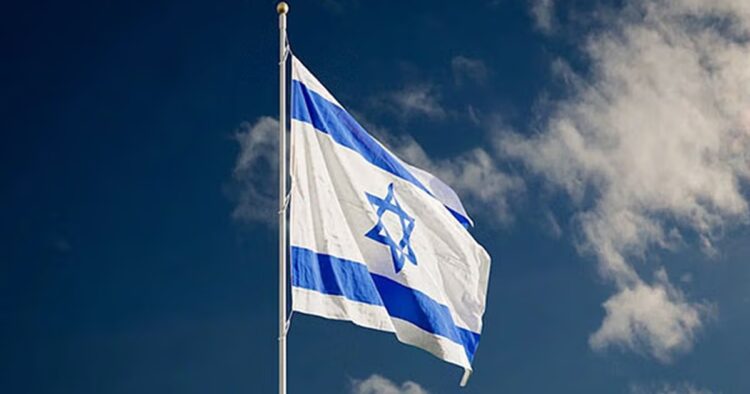The Israeli Ministry of Tourism has revealed significant savings for the state coffers, totaling approximately 2.5 billion Shekels, equivalent to around USD 700 million. These savings were achieved through a strategic initiative aimed at supporting evacuees from frontline communities near Gaza and the border with Lebanon. Instead of opting for hotel accommodations, the ministry provided a subsistence allowance to those who chose alternative arrangements.
Reports from the ministry indicate that as the six-month mark since the onset of conflict in Gaza approached, approximately 27,000 evacuees had sought refuge in hotels across the country. Among them, 6,000 hailed from southern regions, while the remaining 21,000 originated from the north. To accommodate these individuals, the Ministry of Tourism disbursed a substantial sum of 3.2 billion Shekels, equivalent to USD 870 million, to the hotels housing the evacuees.
In an effort to cater to the diverse needs and preferences of the evacuees, the Ministry of Tourism undertook the responsibility of placing over 60,000 individuals in suitable accommodations. This process involved careful consideration of personal circumstances and desires, ensuring a comfortable living environment for all.
Furthermore, the ministry played a pivotal role in managing approximately 15,000 appeals related to National Insurance grants. By addressing these appeals, the ministry aimed to alleviate financial burdens and provide essential support to those affected by the conflict.
Operating a dedicated control room staffed by dozens of ministry employees, the Ministry of Tourism facilitated swift and effective assistance to evacuees. Initially functioning round-the-clock, the control room addressed a myriad of challenges faced by evacuees, ranging from family reunification to catering to specific needs of individuals with disabilities.
Evacuees were presented with three options to choose from: full-board hotel accommodations, independent living in the community with a daily grant, or apartments for rent at the state’s expense without a subsistence allowance. These alternatives were tailored to accommodate varying preferences and circumstances, ensuring flexibility and choice for evacuees.
In summary, the Israeli Ministry of Tourism’s proactive measures not only provided essential support to evacuees but also resulted in substantial cost savings for the state. By efficiently managing resources and catering to individual needs, the ministry exemplifies a commitment to humanitarian assistance during times of crisis.

















Comments